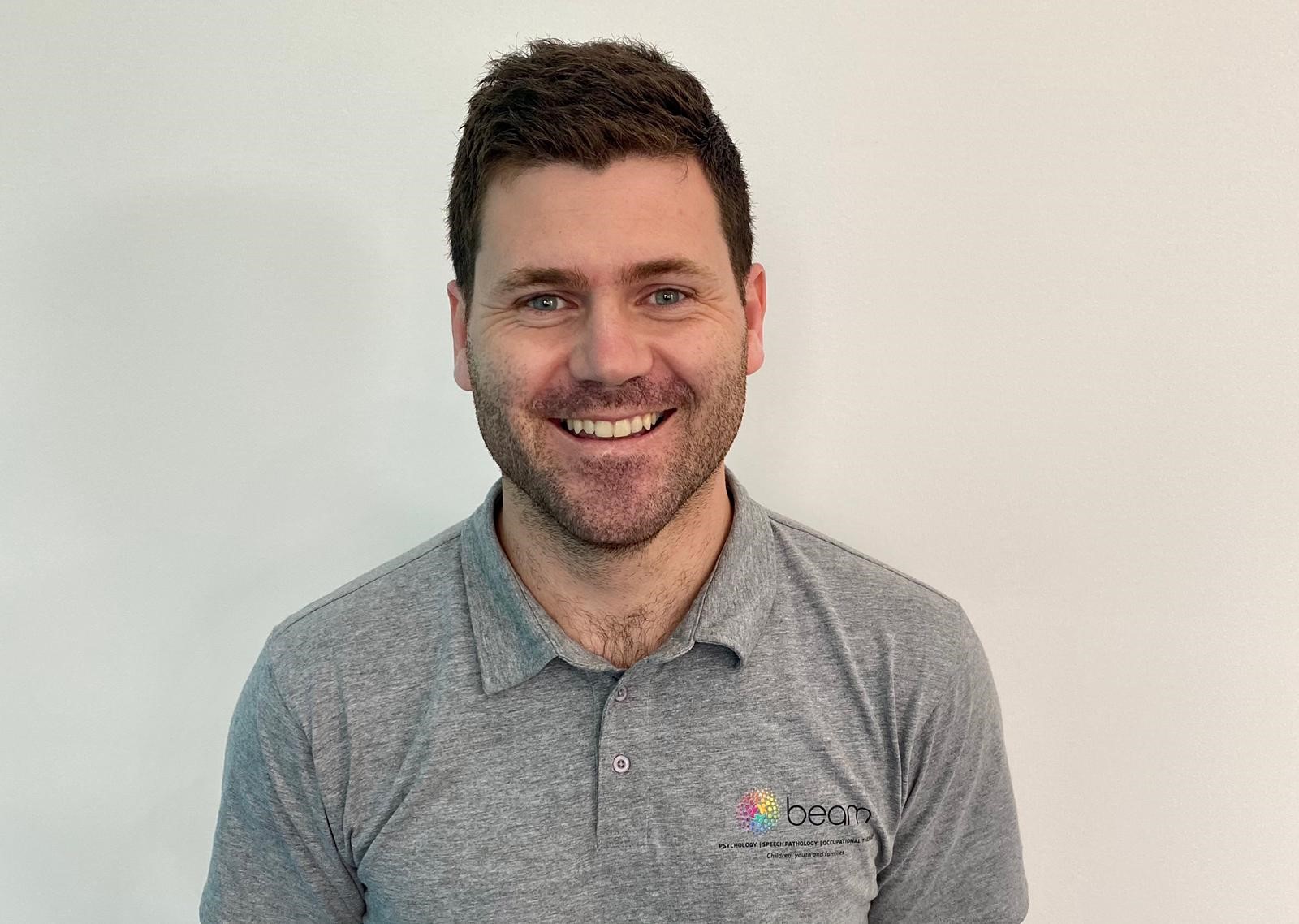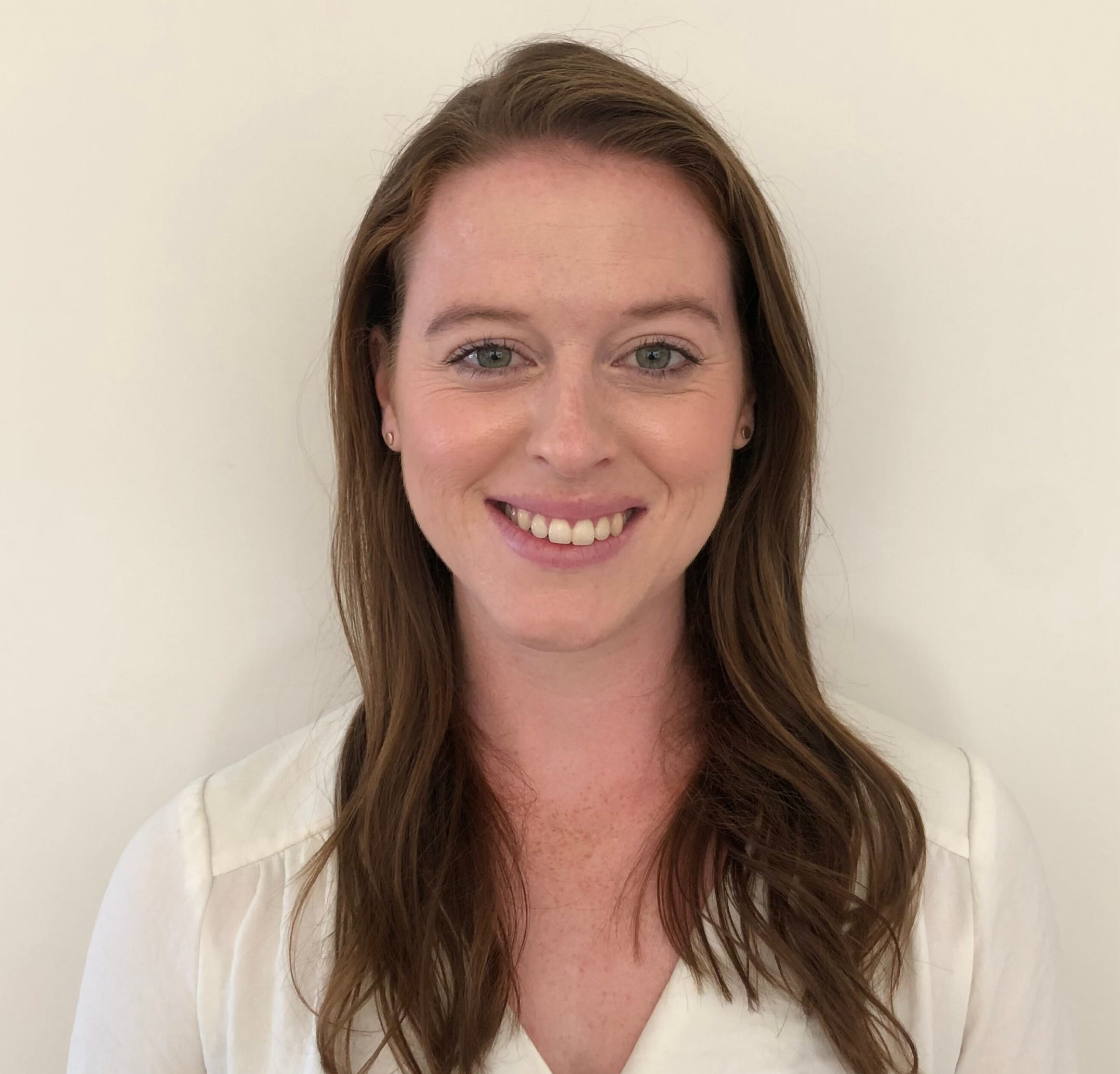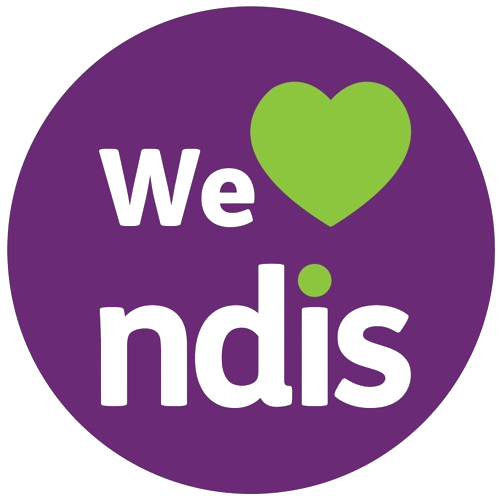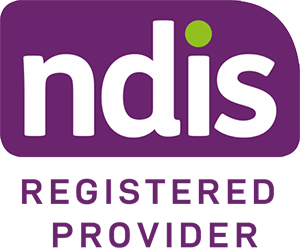If you’ve seen a Psychologist, then you’ve probably completed at least one assessment. There’s a wide variety of reasons why assessments are completed and the way in which they are used. In this article, we hope to give a bit more insight into why assessments are so important in our profession and what you can expect from an assessment process.
Why assess?

Everyone we come across is an individual with their own traits, views and feelings.
As Psychologists, we like to have as much information as possible about the person we are supporting so we can best assist them. Assessment is often done during the earlier stages of intervention with a Psychologist as it helps us gather information in a shorter time so we can make the most of the time we have with you, almost like a short-cut for getting to know you. Assessments are a valuable part of the work we do in identifying specific issues or goals as well as helping to determine a plan of where to go next during intervention. Some assessments also allow us to link our clients with the most appropriate supports for them such as specific funding programs or courses designed for people with needs similar to theirs.
Assessments are made using thorough development processes and are regularly updated to reflect the most up to date information using real-world populations. Having this information allows us to objectively categorize how significant a person’s symptoms may be, provide diagnoses where required, develop treatment goals, and an appropriate plan to address the reasons you are referred to us.
Throughout intervention, we may also conduct further assessments to revaluate if our treatment plan is working the way it’s meant to and to regularly ensure we are providing treatment that is most suitable for you.
What assessments can we do?
Psychologists can be trained in hundreds of assessments, which can be more widely grouped into the following categories:
- Behavioural: why are certain behaviours occurring, do the behaviours constitute an underlying condition or diagnosis, how is this person’s functioning similar or different to other people their age?
- Intelligence or academic: IQ tests and tests of specific academic ability
- Mood: determine mood disorders such as depression and anxiety. These assessments can also help us monitor moods over time
- Developmental: specifically for children and adolescents and look at how milestones are being met, and identify the possibility of neurodevelopmental disorders
- Personality assessments: gain information about a person, presence of certain traits and characteristics
- Diagnostic: specific tests and assessments used to diagnose conditions such as Autism
- Screeners: generally shorter assessments used to screen for a variety of conditions prior to more formal assessment
- Reviews: satisfaction surveys, outcome measurements
Assessments can be confusing and sometimes a little daunting. If you’re not sure which assessment(s) you or your child may need or what a certain type of assessment involves, your GP, Paediatrician or a Psychologist is well placed to help you!
In particular, Psychologists are thoroughly trained to identify which assessments are going to be the most appropriate fit for you or your child.
What to expect from a psychological assessment process?
Every assessment process looks a little different. There are a range of ways we collect information including observations, interviews, consultations with other professionals, and psychological testing. The reason we gather this information from a range of sources is to obtain a complete picture of the current situation and behaviours. Any previous reports by other professionals are going to be helpful such as school reports, psychological assessments, speech pathology reports etc, so bring those along to your first session.

Typically, we start off with an initial interview with you about you and your child. Expect lots of questions, during this process. Again, the questions we ask can vary between clients, but it is common for us to ask about when developmental milestones were met, both positive and challenging behaviours, who is in yours and your child’s support network and questions to assist with setting some therapeutic goals such as what you would like to achieve from your time with your Psychologist.
We also use lots of follow up questions to get an accurate representation of what is going on, such as “can you tell me more about that?” “Can you give me a specific example” “how many times a day would this occur”. Try not to feel pressured during this process, remember it’s our job to ask the right questions to extract the information we need to help you.
What we are then left with is lots of information from a range of different sources. It is then our job to interpret or make sense of all this information and present it to you in a way you understand. This may be done through a feedback session where we go through the results of an assessment, or we will provide you with a written report. At this time, we will also present our recommendations such as what type of treatment options are going to be effective, what funding is available, what provider supports will be helpful or what parental strategies are going to be effective.
Assessments can sometimes cause some apprehension from children and their parents/carers, which we completely understand. It is our job to make the process easier and help you get the most out of it and to keep us on the same page. We’d love to have a chat with you about how assessments may be helpful for you.
What are some common questions we receive about assessments?
Does my child need an assessment?
If you are worried about your child’s development, have a conversation with your child’s Paediatrician, Teacher, General Practitioner, Psychologist, Speech therapist, Occupational therapist or any other support service. Remember that ultimately you decide if your child has the assessment. By talking to these supports you can ensure that it’s an informed decision.
Is there funding available for Assessments?
There are some funding supports available for those wanting to undertake an assessment. You can talk to your provider about whether your NDIS plan can cover the costs associated. You can also check with your insurer about whether your private health fund provides a rebate for assessments. Medicare rebates can also be used under specific circumstances. Another great place to attain financial assistance is through your child’s school, again this is circumstantial and with specific assessments, but talk to your child’s teacher about your options. Your local community health centre which is funded by the NSW government may also provide a subsidised assessment.

What if I think my child will struggle to sit still in an assessment session?
Your Psychologist will ask about any specific needs that is required for assessment. We can collaborate with you devise the best plan to get the required information from your child for the assessment, whether that coming up with creative strategies in an assessment session or meeting the with us beforehand to plan it out. It’s also worth mentioning that we may in fact not need your child to sit still. We are interested in how your child interacts with their environment, so if they’re having difficulty paying attention that’s relevant information that we need to observe.
How long can an assessment take?
How long an assessment takes varies considerably. Some assessments may be used to track your progress through therapy, these assessments are typically shorter in duration and the results can be talked about with you immediately after you have completed them. However, an assessment for the purpose of diagnosis is likely to be much longer in its duration as it involves multiple assessments, interpretation of the results and time to write the report. Be sure to talk to your Psychologist about the expected time it will take to receive your results.
Assessments can sometimes cause some apprehension from children and their parents/carers, which we completely understand. It is our job to make the process easier and help you get the most out of it and to keep us on the same page. Our team at Beam Health would love to have a chat with you about how assessments may be helpful for you.











